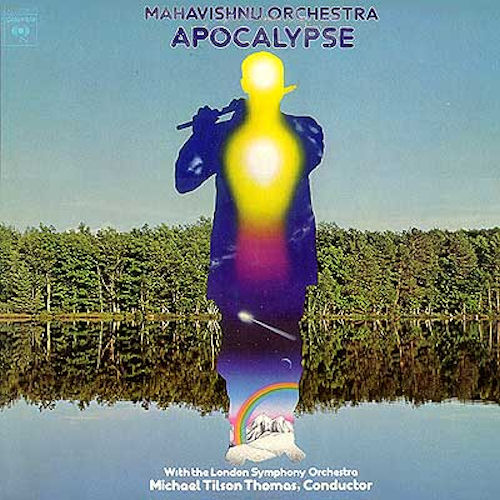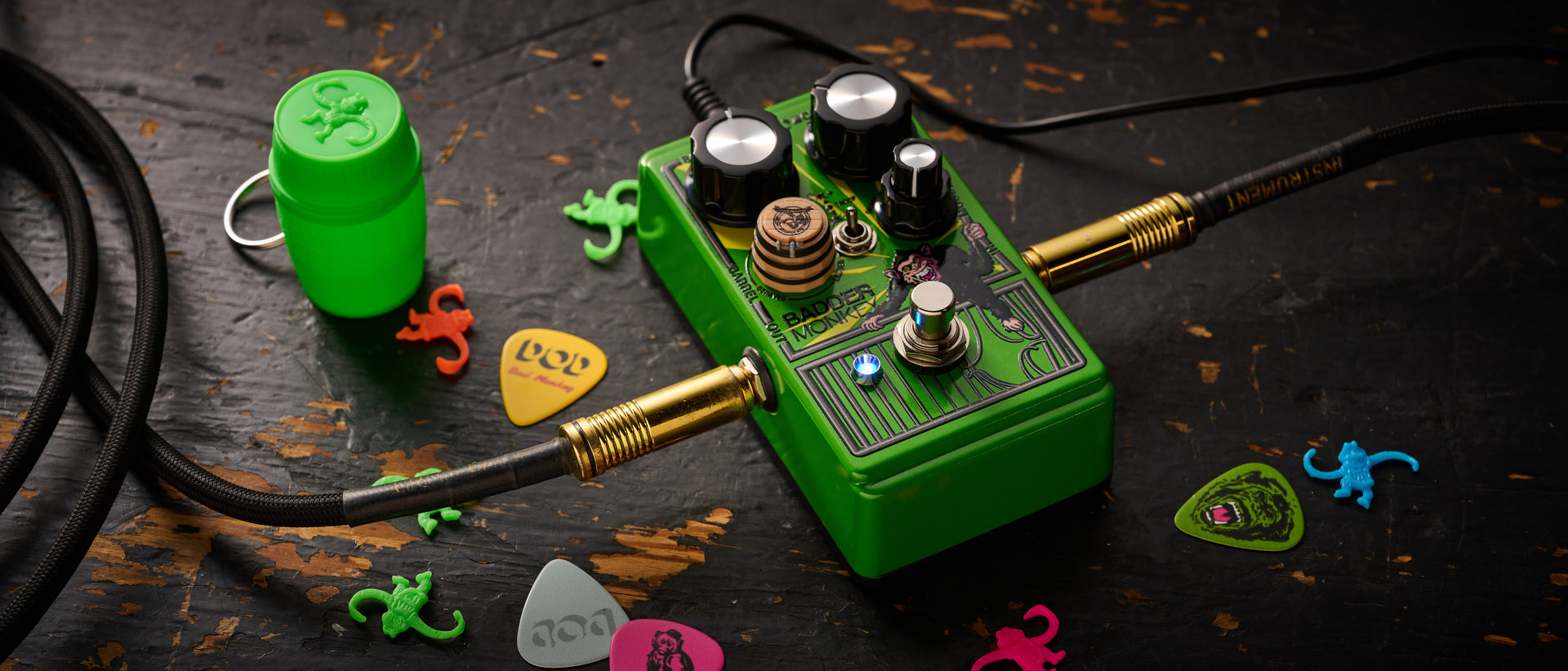The Record That Changed My Life: Ben Weinman of the Dillinger Escape Plan Discusses 'Apocalypse' by the Mahavishnu Orchestra

The Mahavishnu Orchestra
Apocalypse (1974)
“This record helped shaped my career and made me interested in guitar at another level. It was a huge part of what led me to make Dillinger, along with a lot of other punk and metal stuff, obviously. I was working at a local record store, and whenever promos or records came in that were kind of weird, the other guys were always like, ‘Give it to Ben.’ Apocalypse was one of those records.
“I was already playing guitar, but I hadn’t gotten into fusion yet. I came up listening to blues and learning Eric Clapton and Stevie Ray Vaughan licks. Then I got into heavy death-metal stuff, which introduced me to more technical guitar playing. But it wasn’t long before all that stuff started to sound formulaic to me.
“When I came across Apocalypse, a whole new world of fusion opened up to me, and I got into Miles Davis and King Crimson. That record spoke to me because it wasn’t really a fusion record; it was more like a progressive-rock record. I think jazz purists may criticize that one because it was a little more experimental. It incorporated a lot more rock elements and more orchestration. Apocalypse was produced by George Martin, who obviously worked a great deal with the Beatles, and his stamp was definitely on that record.
“I’ve always felt that that record was like a rock-fusion Peter and the Wolf. It was so unhinged, but at the same time you can visualize every part of it. It was like a soundtrack in that way. Every instrument had its own personality and dynamic. That record was the perfect combination of premeditation, with orchestrated elements and jazz-improv going on at the same time. And that’s what I’ve always tried to do with Dillinger is have this combination of premeditated ideas and cleverness mixed with the pure unpredictable emotional energy of jamming in the room and making sure you can feel something.”
All the latest guitar news, interviews, lessons, reviews, deals and more, direct to your inbox!
